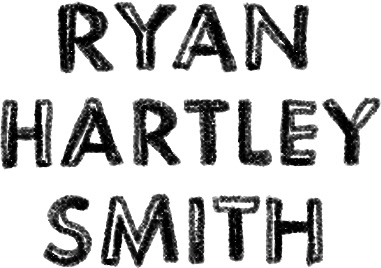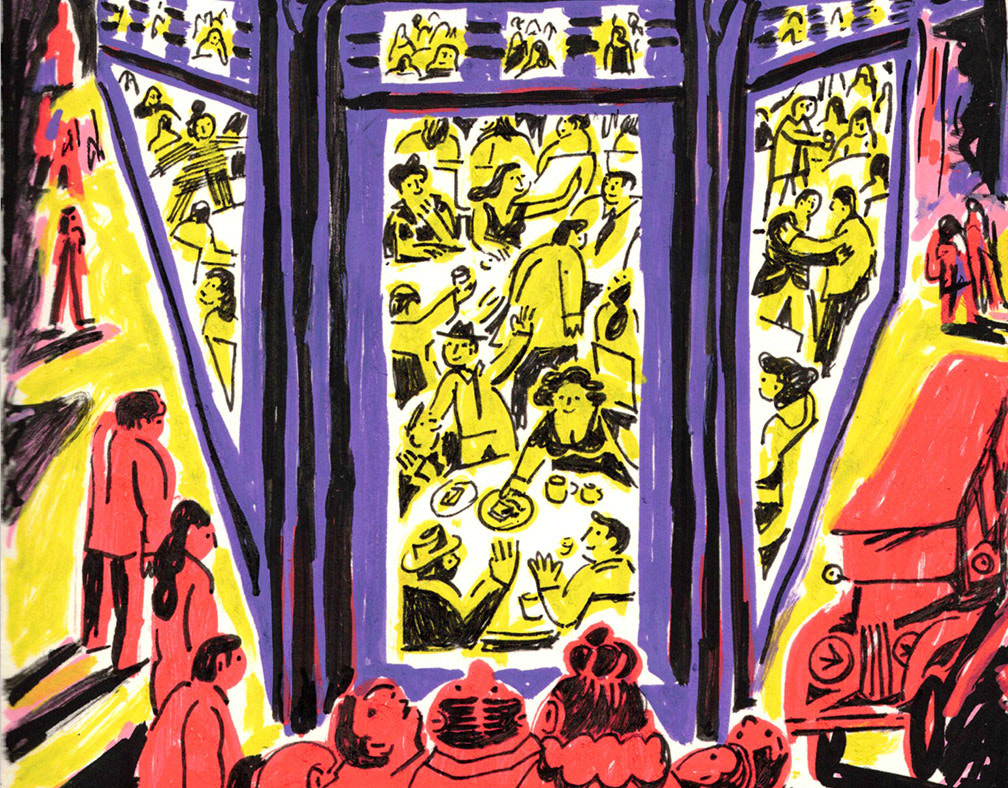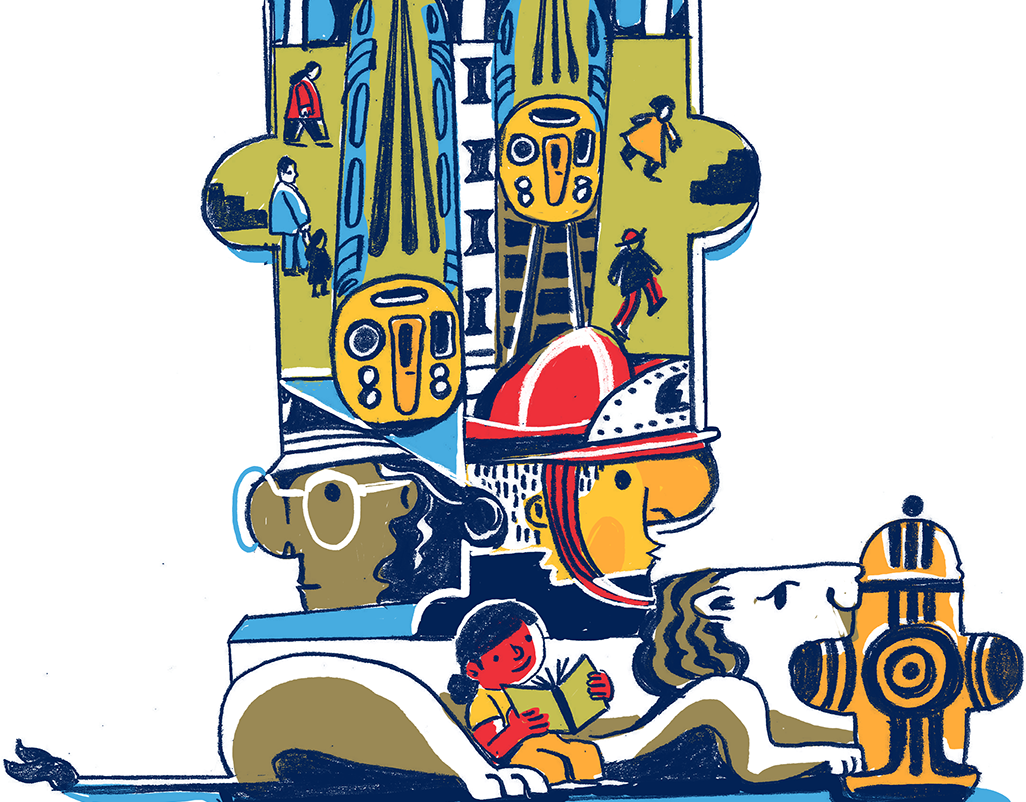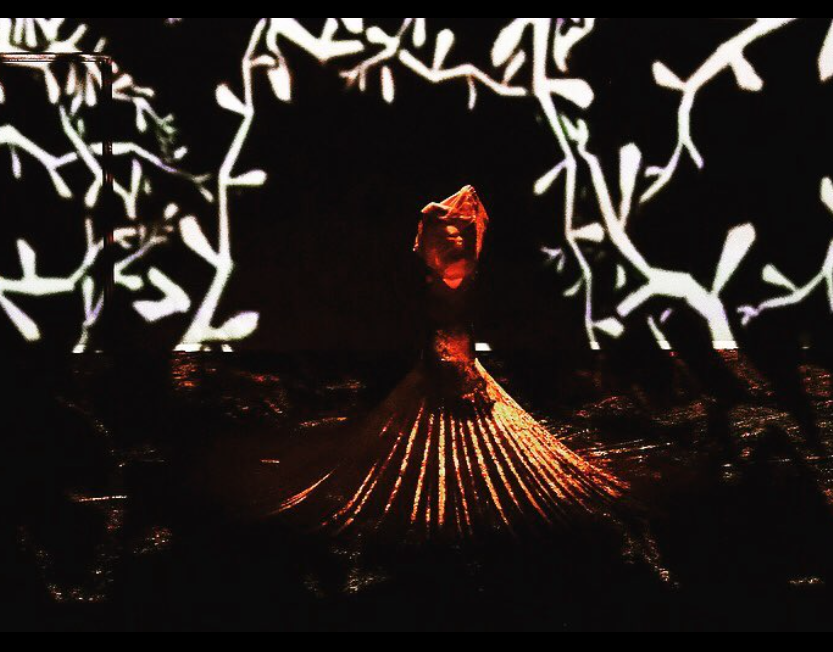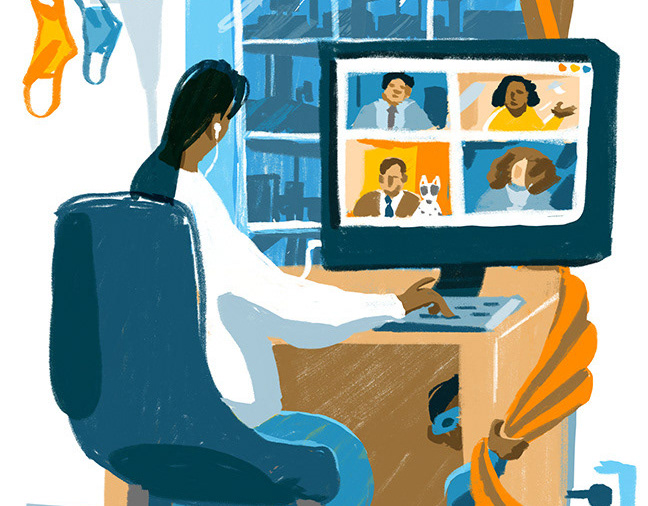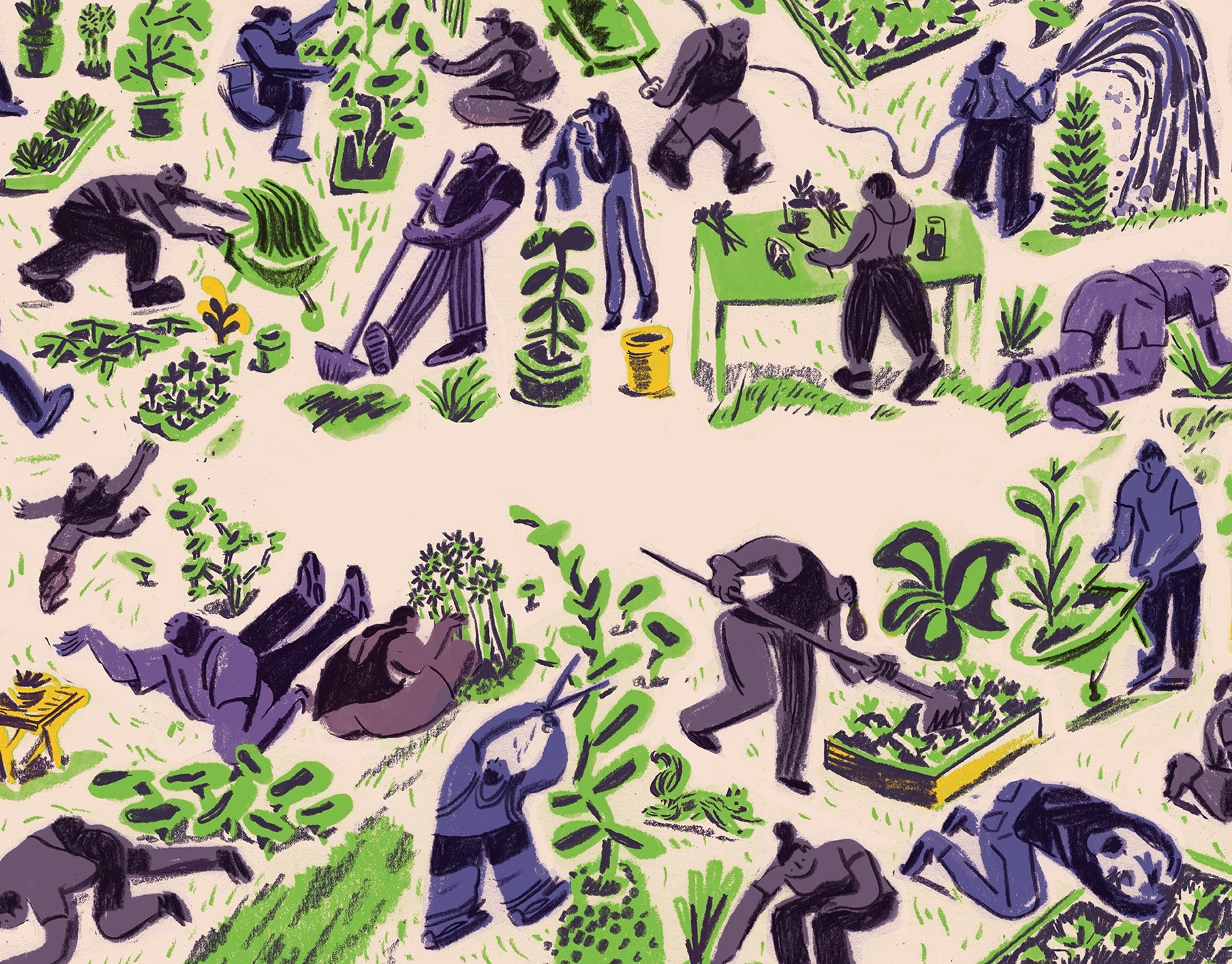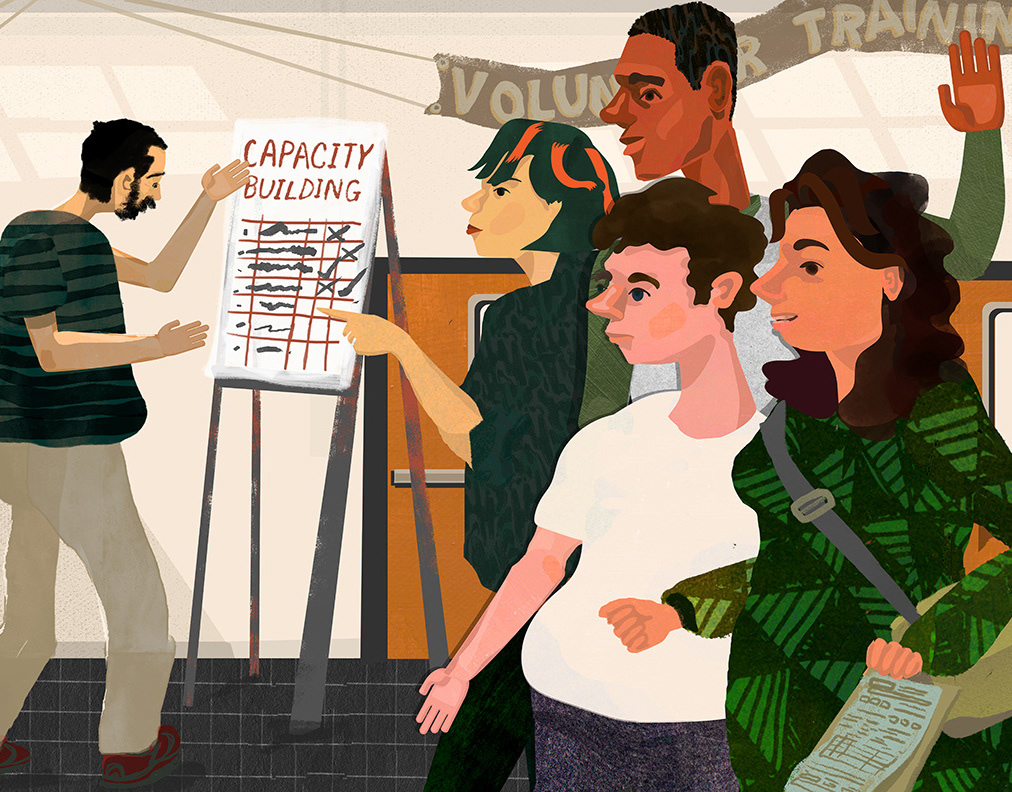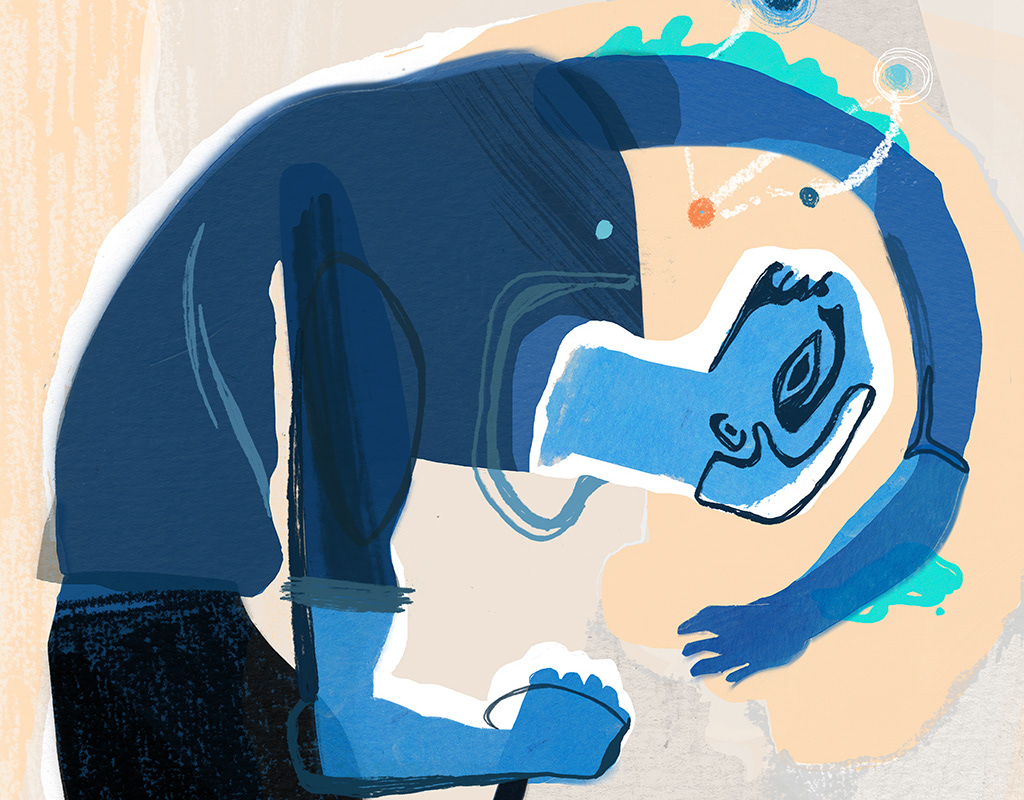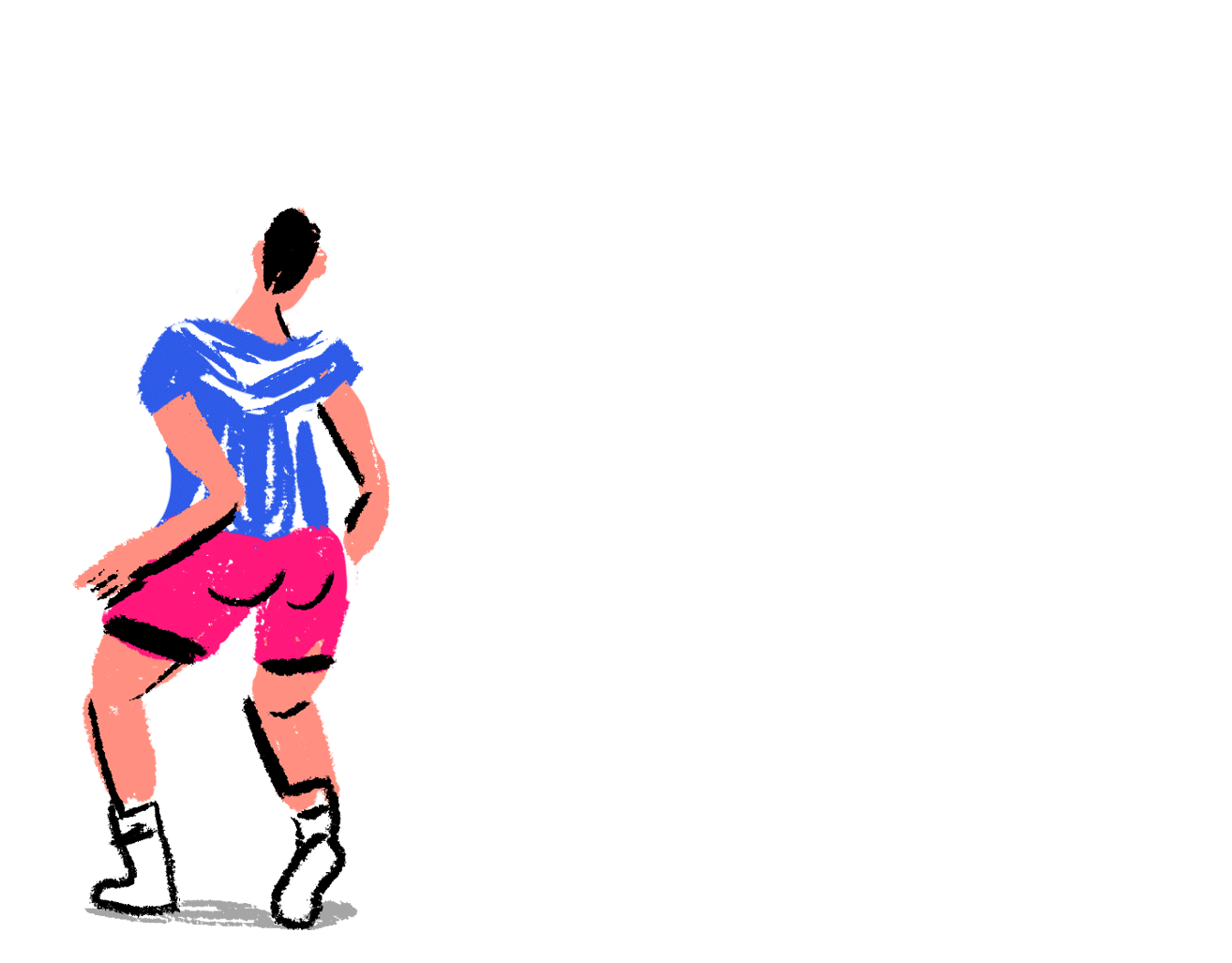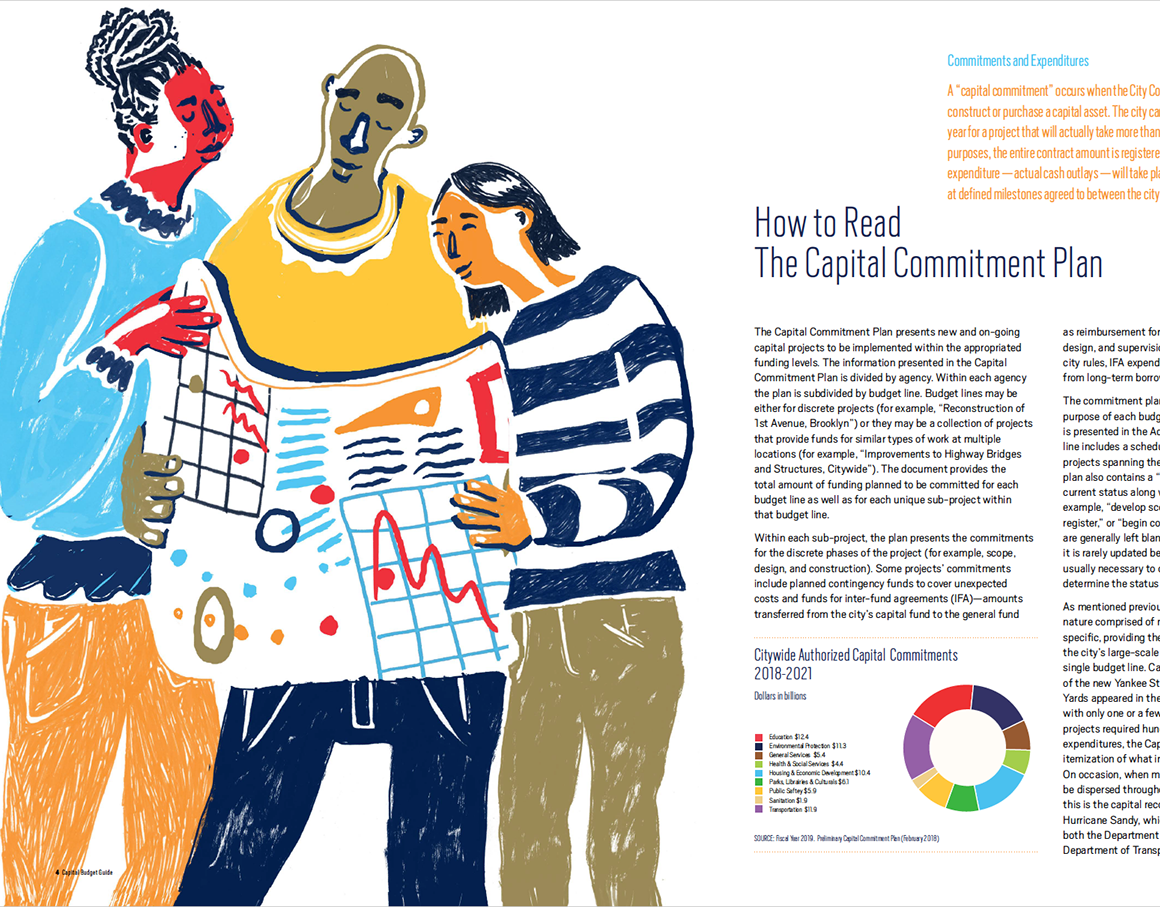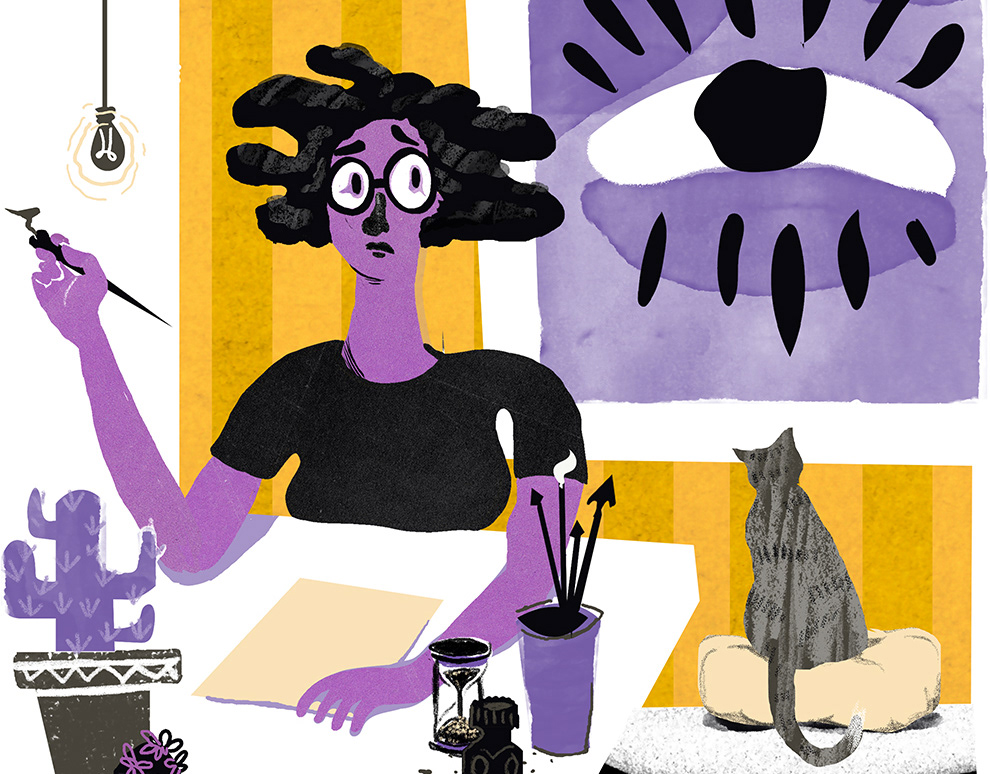Court Support Toolkit
Court can be a scary place for anyone. Children and young people who experience court processes are already going through personal trauma, when they suddenly find themselves in a complicated system, shuttled between adults full of prying questions, hearing confusing terminology, and wondering when it will all be over. They often feel confused, scared, angry, and repeatedly re-traumatized. They don’t know what rights they have, what supports are available, or how to ask for help.
Court Support Toolkit is a series of free, trauma-informed publications to help kids better understand and advocate for themselves in the Criminal and Family Court systems. Published and funded by the US Office for Victim of Crime, it was developed by the Center for Justice Innovation and the Center for Urban Pedagogy.
During the design process, a national stakeholder network of court-involved youth, their families, and youth advocates reviewed and shaped the publications stories and images. You can learn more about how to access and use of these materials in this podcast for youth advocate practitioners.
Below are excerpts from materials for 2-6 year olds, 7-12 year-olds, and 13-18 year olds.
Ages 2-6
For this age group, the team produced three picture books that are specific to family court, criminal court, and outcomes that involve foster care. The books contain narratives designed to be open enough for youth advocates and caregivers to adapt to the specifics of a child's particular situation. They also contain activities that help a child understand and cope with the disruption and trauma that come with court cases.
Above are stickers for an activity to help prepare children for what a courtroom will look like and who will be there, and below are activity pages and excerpts from Brave Maya, which tells the story of a family court case, and Brave Oscar, which tells the story of a criminal court case.
Ages 7-12
Similar to materials for ages 2-6, the team created three graphic novels that are specific to family court, criminal court, and outcomes that involve foster care. The books mix more specific narratives for youth that are intended to be discussed and processed with youth advocates and caregivers. They also contain activities to understand and cope with the process of going through a court case. Additional activities also are designed to help readers envision and plan for life after the conclusion of their case.
The spreads below are excerpts from I am Malik and I am Isabella. In these scenes, Malik and Isabella process what has been happening and how they are feeling about it with child therapist.
Ages 13-18
For this age group, there are three collections of short comics for teenagers involved in family court, criminal court, and trafficking cases. The narratives highlight stories where best practices and guaranteed rights are being granted to characters, and also stories of characters being forced to respond when their rights are violated. The intent is for this age group to be able to use the materials as a tool for for self advocacy if they experience unconstitutional treatment. As with the other age groups, there are also coping exercises included throughout the material, as well as prompts that empower teenagers to process and plan for life during and after their involvement with their court case.
The spreads below depict characters navigating school, family and friend relationships while dealing with an ongoing court case.
